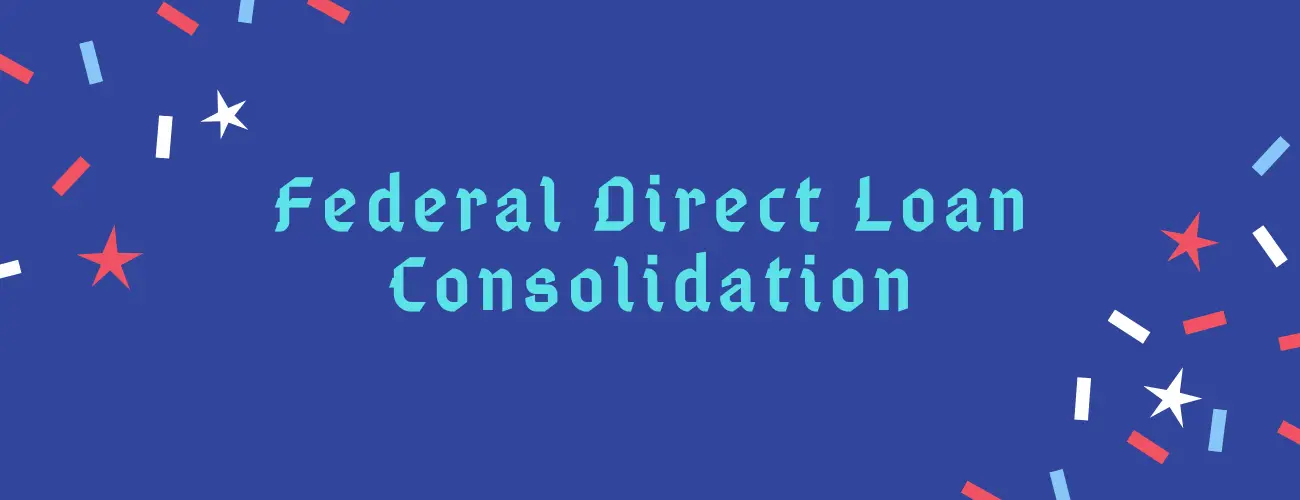Mistakes to avoid before deciding to take graduate plus student loans
Learn, what to investigate before applying for Grad Plus Student Loans, debt associated with PLUS loans, what to consider before taking private student loans.
Updated by Aparna A on 22nd October 2020
As important as education is, planning the details for your studies along the academic years is also necessary. Graduation PLUS loans are offered by the federal government, which is a chosen loan option by many students. If you are among those many who are planning to borrow your first Graduate PLUS loan, you must know what Graduate PLUS loans are? and things to consider before taking these loans. Graduation loans cover all the costs for your college expenses. If you satisfy the eligibility criteria, you can apply for PLUS loans through the FAFSA form. The amount you can borrow depends on your college attendance and the financial aid requirements to finish your studies at college.
What are the DO's and DONT's to follow before applying for graduate plus student loans is discussed in the article? If not careful about the borrowing limits, student loan debt can very challenging situation to deal with. According to reports, it is said that 40% are summed with graduate and professional degrees. Therefore it is always good to check all the options before concluding.
Table of content
- Not paying the interest rate for graduate plus student loans
- Check for statistics of debt associated with PLUS loans
- Taking more money than required
- Make proper investigation on private loan debt
Not paying the interest rate for graduate plus student loans
Grad PLUS loans interest rates are very high and also they accumulate once the loan is disbursed even when at school. Once the graduation is completed, the interest rates are added to the principal amount. During the repayment time, the interest rate and also the principle value gets added and it can be tedious to manage your repayments. That can make the loan quite expensive. So it is wise to enroll for a part-time job to avoid taking loans altogether. In cases of financial instability, not paying interest rates and the principal value can lead the loans to go into default and delinquent, which have very bad consequences.
Check for statistics of debt associated with PLUS loans
Apply for grants, scholarships, and other forms of financial aid that the college has to offer. Scholarships are merit-based, so scoring good grades can help you apply and get them. Also do not forget to claim your tax refunds as you pay for student loans. Graduation PLUS loans come with high-interest rates that go up to 7.21% which is high for the student to pay. Till the administrative forbearance is effective due to the pandemic, these interest rates are not to pay. Grad PLUS not only has high-interest rates but also, origination fees, which will be deducted from the principal value when the loans are disbursed to you. Perkins loans come with more affordable interest rates. Therefore, it is advised to check at your university for Perkins loans. Perkin loans have 5% interest rates and are covered by the government while you are still studying at school.
Unsubsidized federal loans are the cheaper option to consider. As a graduate student, you are eligible to take up to 20,500 dollars with an interest rate of 6.21%. You can also choose to enroll for part-time work at school with which you can try to cover your educational expenses without having to take loans.
Taking more money than required
Have some savings and make a good plan to manage your expenses, without which you will run into a risk of borrowing more than whats is required. Borrowing more than what is required, can waste a lot of resources like - extra interest rate to pay, an extension of the longevity of your loan period, the more you borrow the more you owe the federal government. It can be burdensome to manage if you have more and multiple loans to repay. So it is very important to plan your expenses for the academic years. You will need to submit the paperwork before several weeks after thoroughly planning your budget.
Make proper investigation on private loan debt
Before going to apply for private loans be aware that, you will no longer be eligible for benefits like Public Service Loan Forgiveness, income-driven repayment, and forbearance. Often, private loans require a cosigner, while PLUS loans do not require a good credit score or even cosigner. It is observed that variable interest rates are much cheaper than federal PLUS loans. Though it comes with the cost of losing federal benefits. Therefore it is advised to look past interest rates and focus on protections of federal loans.



93.jpg)


28.jpg)
